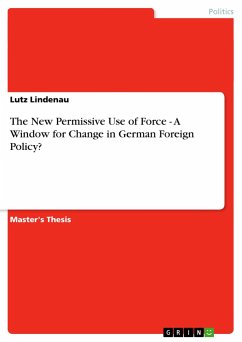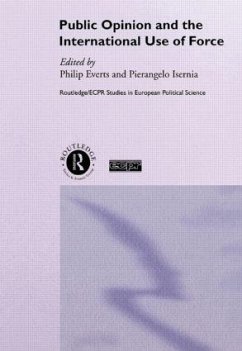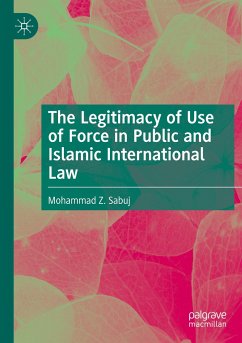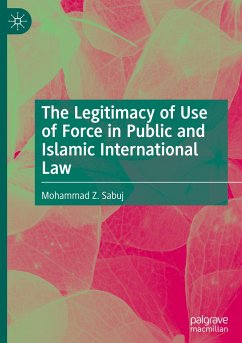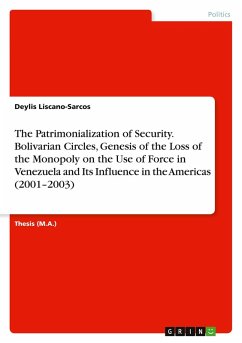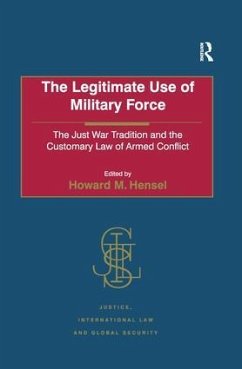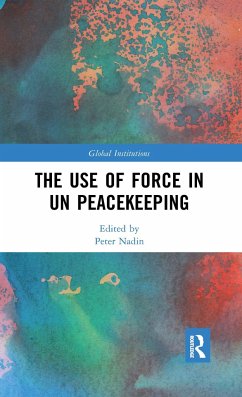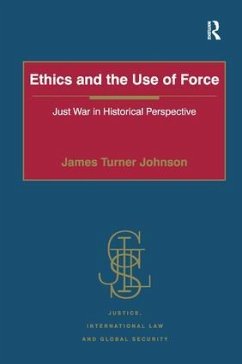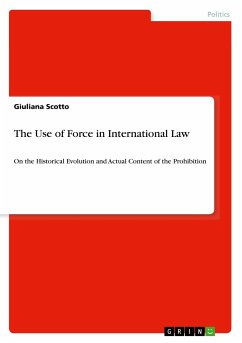
The Use of Force in International Law
On the Historical Evolution and Actual Content of the Prohibition

PAYBACK Punkte
0 °P sammeln!
Document from the year 2019 in the subject Politics - International Politics - Topic: Public International Law and Human Rights, grade: 1, University of Rome "La Sapienza", language: English, abstract: This text is an excerpt of a Handbook of international law ("Diritto internazionale per filosofi", in Italian) published by Grin in 2014. It deals with the evolution and the content of the current prohibition of use of force in international law.Both the common sense and many scholars with historical or political background, therefore without expertise in international law, approach internationa...
Document from the year 2019 in the subject Politics - International Politics - Topic: Public International Law and Human Rights, grade: 1, University of Rome "La Sapienza", language: English, abstract: This text is an excerpt of a Handbook of international law ("Diritto internazionale per filosofi", in Italian) published by Grin in 2014. It deals with the evolution and the content of the current prohibition of use of force in international law.Both the common sense and many scholars with historical or political background, therefore without expertise in international law, approach international law with the prejudice that war, whose presence is witnessed throughout the history as an element which cannot be eliminated from human affairs, would be a tool which States can still and always legitimately use. War and more generally the possibility of resorting to armed force would represent the counter-proof of the thesis which considers the international society as an example of the state of nature, of the war condition of all against all: the hobbesian condition of "homo homini lupus" ("every man is a wolf for any other man").Despite the fact that history records many cases of resort to armed force in international relations, that is, in the community of those entities characterized by the principle of sovereign equality, the consideration of States' practice in international law does not allow to conclude that in general the use of armed force in international relation is permitted. Quite on the contrary, an adequate analysis of the current international order demonstrates armed force is prohibited as a principle, with the sole exception of self-defence, and that recently such a prohibition has assumed peremptory character. Because of the devastating effects which, at the time of atomic and mass destruction weapons, the use of armed force could produce on the possibility itself of the coexistence of the international subjects, the prohibition of the use of force has become the most important rule in international law and its respect is one of the most important factors which guarantee the coexistence of States and ultimately the very survival of the human race.





